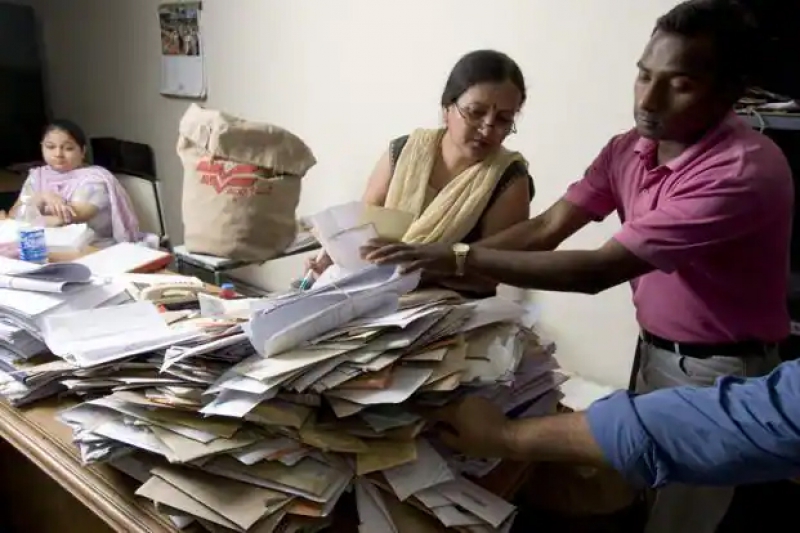Meanwhile, in order to further strengthen the available evidence to the PIL, applications under the Right to Information Act, 2005 were filed with the Union of India (Ministries of Women and Child Development and Home Affairs) and the State of Maharashtra (Departments of Women and Child Development and Home). The RTI applications raised specific queries on the appointment of Special Police Officers under ITPA- their powers, duties; establishment of AHTUs and their structure, duties and functions; list of cases related to human trafficking registered in the year 2011-2017, amongst other queries.

Not surprisingly the responses received from the State of Maharashtra reflect two contributing problems around investigation of trafficking cases. First one being, the disguised appointment of Special Police officers whereby existing police officers have been given additional charge to investigate trafficking cases in addition to their existing duties and responsibilities.
Secondly, that though there is a protocol on Rescue of victims from Immoral trade, litigation process and rehabilitation in the Maharashtra, the said protocol-which does not include a category or even a section that pertains to investigation, could be primarily mean that rescue and raid of victims from brothels are prioritized over investigation of trafficking cases.
During one of the hearings of the aforementioned PIL heard before the Bench of Justice Gavai and P.P Shinde at Bombay High Court, the Union of India, in defence to the inefficiencies highlighted in the matter being stated unless the State Government sends a proposal for appointment of Human trafficking officers, the Central Government cannot take steps. While the technicality in the legal provisions of Section 13(1), (2) and (3) of ITPA which makes it the State’s duty to appoint Special Police Officer and Advisory Body for dealing with offences under this Act has been stated in the Union of India’s response to the PIL, the very fact that the Central Government is refusing to the take the lead and implement measures of its own in connection with these issues, is reflective of the dysfunctionality that persist even in the decision and policy making level i.e. the Central Government
If ‘ Police and Public Order’ though being State subjects under the 7th Schedule under the Constitution of India, falls under the overall administrative domain of the Ministry of Home Affairs,- why should the MHA wait until a proposal by the State Government is made to take effective steps . What strikes as odd is the Central Government attempting to limit its role as only an advisory body which gives assent to proposals made by respective State Governments/ Departments and in this case, a proposal which would have ramifications to the crime of sexual exploitation.
